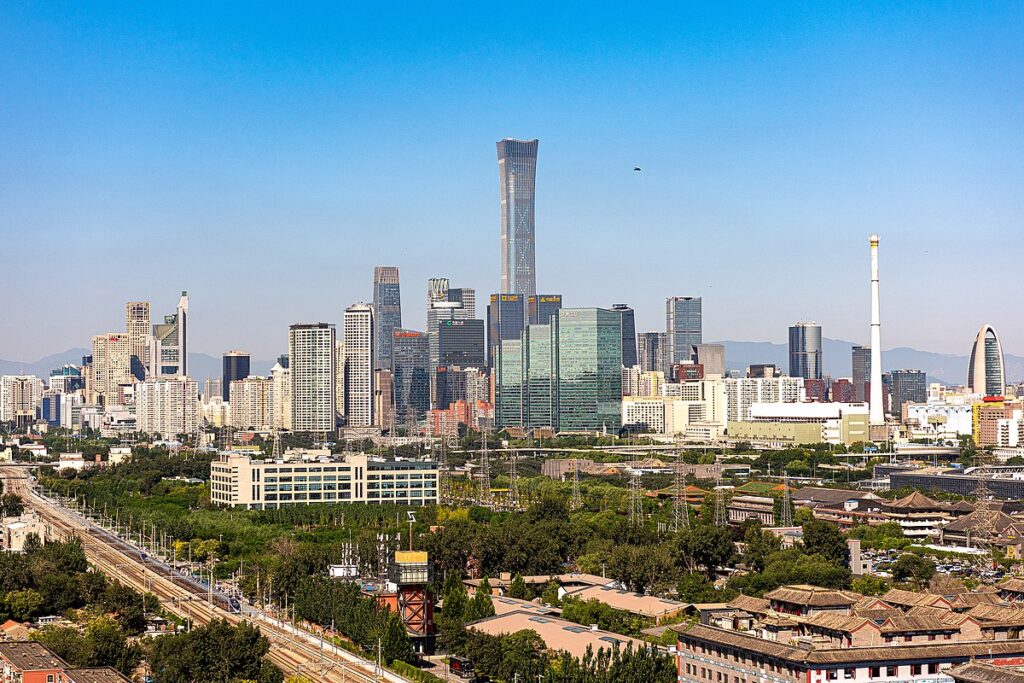China has granted tariff exemptions to a significant tranche of American goods, covering approximately $40 billion in imports, in a strategic move to cushion its economy from the escalating trade conflict with the United States.
The exemptions, announced by China’s Customs Tariff Commission, extend to a range of U.S. products, including agricultural commodities, industrial components, and medical equipment. This policy adjustment is perceived as an effort to stabilize key sectors within China that rely heavily on these imports, while also signaling a willingness to de-escalate tensions with Washington.
The trade dispute intensified following the U.S. administration’s imposition of a 145% tariff on Chinese imports, citing concerns over intellectual property rights and trade imbalances. In retaliation, China had previously levied a 125% tariff on American goods. The current exemption by Beijing is seen as a tactical response to mitigate the adverse effects of these tariffs on its domestic industries and to maintain the flow of essential goods.
Chinese officials have emphasized the necessity of mutual respect and equitable negotiations in resolving trade disputes. The Ministry of Commerce stated that while China is open to dialogue, it will not succumb to coercive measures. This stance underscores Beijing’s intent to protect its economic interests while remaining engaged in diplomatic channels.
The tariff exemptions are also aimed at supporting China’s manufacturing sector, which has faced challenges due to the trade war. By reducing the cost of imported components and raw materials, the policy seeks to alleviate pressure on manufacturers and sustain production levels.
In the United States, the termination of the “de minimis” trade exemption, which previously allowed duty-free entry for low-value shipments, has led to increased costs for consumers and businesses. Companies like Temu have halted direct shipments from China, adjusting their supply chains to comply with the new regulations.



